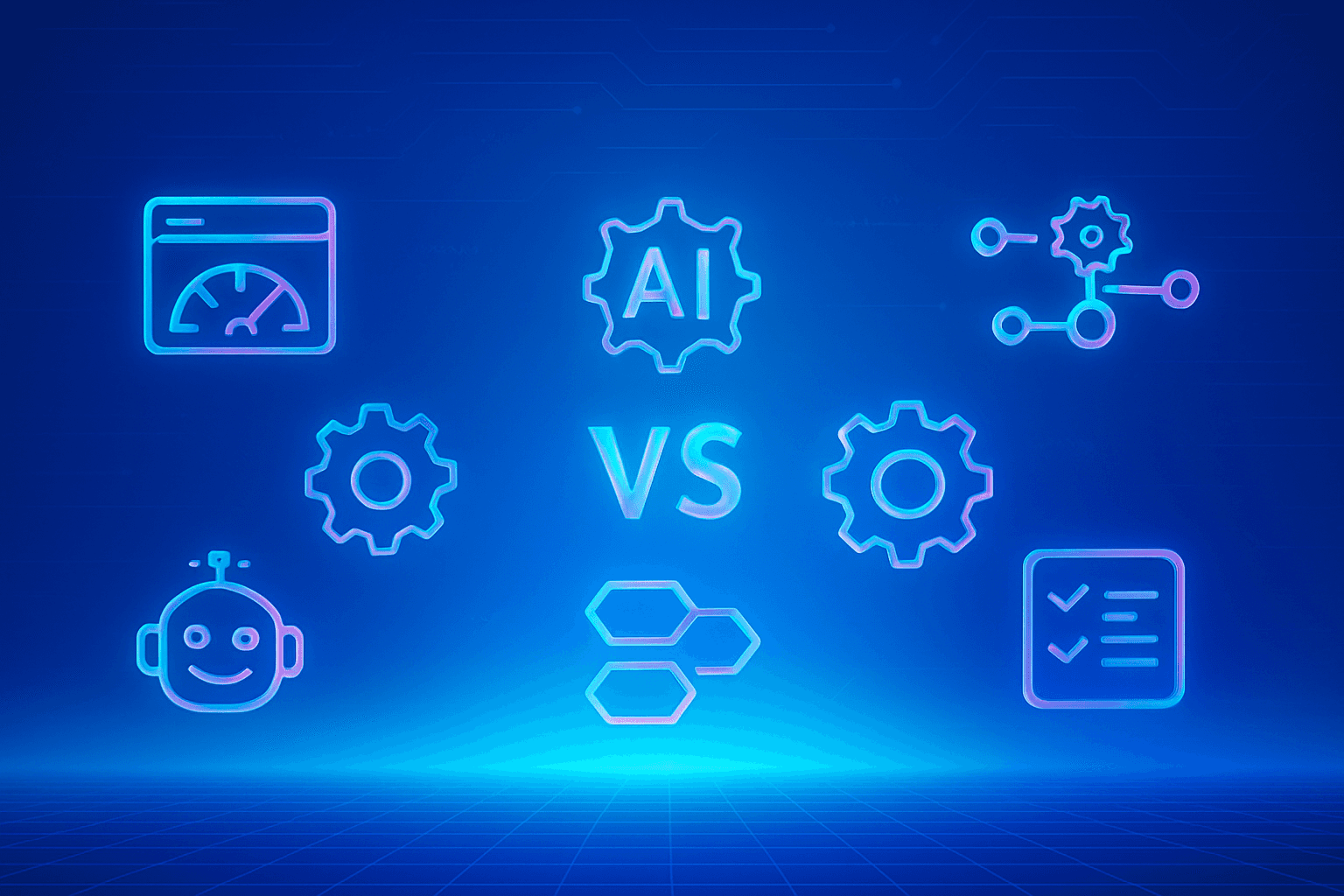Antonio Velkovski
Apr 7, 2025
AI Lead Generation
Virtual Assistants in Lead Generation: How to Work Smarter, Not Harder
See how AI-powered virtual assistants can optimize lead generation and drive consistent, high-quality sales opportunities
Trying to juggle lead generation manually today is like running uphill with weights on your ankles. Time-consuming, inefficient, and often frustrating.
Virtual assistants are the secret weapon transforming outbound sales. They do more than automate admin — they supercharge your targeting, ramp up outreach, and free your sales reps to build relationships and close deals. Powered by AI and smart automation, virtual assistants deliver more qualified leads at scale without losing the personal touch buyers demand.
In 2025, 79% of B2B marketers are actively using AI tools to optimize lead generation, with many reporting up to a 50% increase in qualified leads and 60% reduction in lead generation costs thanks to automation. Virtual assistants aren’t a future trend — they’re a present-day essential for delivering faster, smarter, and more personalized sales pipelines.
Why Virtual Assistants Are Essential for Modern Lead Generation
Virtual assistants streamline sales workflows by handling repetitive activities such as data entry, CRM updates, initial prospect outreach, and follow-up scheduling. This frees your sales team to focus on nurturing warm leads and closing deals — activities where human insight truly matters.
A HubSpot survey found that sales reps spend just 28% of their time actually selling. Implementing AI and virtual assistants can reclaim up to 5 hours a week per rep, boosting productivity by up to 73%. They also minimize human error by automating data management, leading to cleaner pipelines and more accurate lead qualification.
Besides efficiency gains, virtual assistants enable real-time, multi-channel engagement — email, LinkedIn, chatbots, and social media — reaching prospects on their preferred channels with consistent messaging and swift responses. Research shows that companies nurturing leads properly make 50% more sales at 33% lower costs. Virtual assistants help execute this continuous, personalized follow-up process seamlessly.
Optimizing Your Lead Generation with Virtual Assistants
To maximize results, clearly define the roles virtual assistants will play in your lead generation strategy. Common duties include:
Managing and updating customer databases for accurate segmentation and targeted outreach
Conducting market research to identify and refine ideal customer profiles
Executing and managing multi-channel outbound campaigns with tailored messaging
Scheduling appointments and managing follow-ups to keep prospects engaged
Monitoring social media and analyzing competitive landscape for campaign improvements
Effective onboarding is critical. Provide comprehensive training on your products, buyer personas, and messaging frameworks. Foster ongoing collaboration between human and virtual teams to ensure alignment and continuous optimization.
Tools and Strategies Powering Virtual Assistants in 2025
Top virtual assistants today integrate seamlessly with CRMs like HubSpot, Salesforce, and Pipedrive, leveraging AI-powered lead scoring and predictive analytics to identify and prioritize prospects most likely to convert. These platforms ensure virtual assistants work smarter, focusing efforts where they matter most.
Automation tools such as Instantly, Reachinbox, and Smartlead streamline personalized email sequences and follow-ups, while LinkedIn automation platforms like HeyReach and Aimfox enable targeted social outreach at scale. Meanwhile, AI-powered chatbots such as Drift, Intercom, and ManyChat deliver instant engagement on websites, making sure no lead goes cold.
All in all, adopting a multi-channel approach — combining email, phone, social media, and AI-powered chatbots — dramatically increases engagement rates. In fact, 62% of consumers prefer chatbots over waiting for human agents. Businesses embracing diverse tactics supported by analytics will optimize their marketing spend and conversion rates.
The Future: Virtual Assistants Will Drive Smarter, Faster Sales Pipelines
Looking ahead, advances in natural language processing and machine learning will make virtual assistants even more capable of conducting personalized, meaningful conversations with leads, understanding intent, and providing timely, tailored recommendations. Companies that adopt smart virtual assistant solutions early gain competitive advantages like shortened sales cycles, improved customer experiences, and stronger ROI.
The virtual assistant market is booming, projected to grow at 31% CAGR through 2034 with a remarkable $154.8 billion valuation. As businesses double down on automation, VAs will shift from support roles to strategic sales partners, helping you close more deals while saving time and reducing costs.
Final Thoughts
Don’t let your lead generation fall behind in 2025. It’s time to prioritize precision, speed, and personalized outreach at scale.
The key is to start strategically: identify a few repetitive or time-consuming tasks in your lead generation process and delegate them to a virtual assistant. Measure the results, refine the workflow, and scale gradually.
By integrating virtual assistants into your sales engine, you can focus on building relationships, closing deals, and growing revenue — all while reducing errors and wasted effort. Start small, optimize continuously, and watch your qualified leads and conversions rise.
Follow us and don’t miss any chance!
Dive into our blog for expert insights, tips, and industry trends to elevate your project management journey.
Customized design
Ongoing support
Fast delivery
No spam, just genuine updates!











